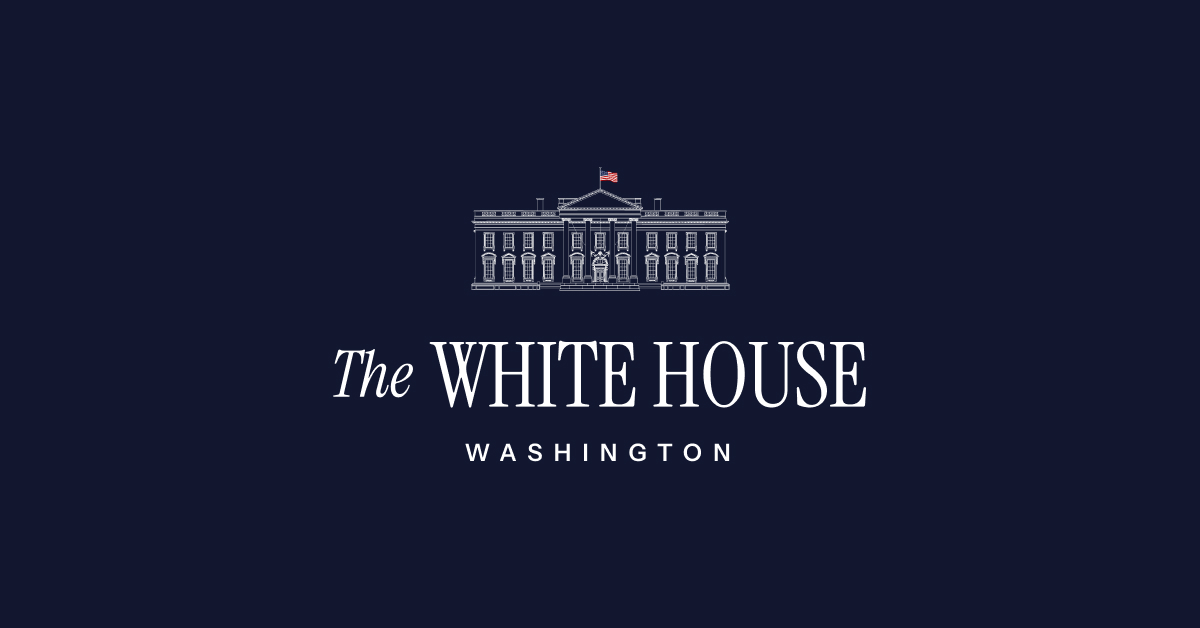
By every honest metric, President Donald J. Trump’s One Big Beautiful Bill dramatically improves the fiscal trajectory of the United States and unleashes an era of unprecedented economic growth.
HOAX: The One Big Beautiful Bill increases spending.
- FACT: The One Big Beautiful Bill delivers nearly $1.7 trillion in mandatory savings — a fact that even the Congressional Budget Office (CBO) admits is true.
- FACT: This is the highest level of mandatory savings in history — dwarfing spending reductions from similar reconciliation bills in 2005 ($140 billion), 1997 ($800 billion), 1993 ($370 billion), and 1990 ($440 billion) on an inflation-adjusted basis.
- FACT: The One Big Beautiful Bill’s $1.7 trillion savings are permanent changes to the law — meaning these savings will continue long into the future.
- FACT: This is a reconciliation bill — not an appropriations (budget) bill. This means there is no mechanism for including spending reductions on 99% of government operations, which will come in future legislation.
HOAX: The One Big Beautiful Bill adds to the deficit.
- FACT: So-called “forecasts” (including by the CBO) predicting higher deficits are based on a false assumption that President Trump’s 2017 tax cuts will expire. In reality, extending the CURRENT tax rates — which this legislation does — has zero impact on the deficit.
- If you cite the CBO’s faulty score, you must also cite CBO’s forecast that President Trump’s tariffs will cut the deficit by $2.8 trillion over the next decade. In other words, even the partisan CBO admits the deficit will be slashed by at least $500 billion over the next ten years.
- FACT: Of course, the $1.7 trillion savings is partly offset by one-time spending on border security and additional tax cuts (NO TAX ON TIPS, NO TAX ON OVERTIME) — which brings the net deficit reduction to exactly $1.407 trillion.
- FACT: Upon enactment the bill — and through increased tariffs revenues, discretionary spending cuts, and reversing Biden-era regulations — the Trump Administration will have taken actions that reduce deficits by at least $6.6 trillion over the next decade.
